Workshop on Academic Publishing Basics for Korean Students at SSAC, Korea
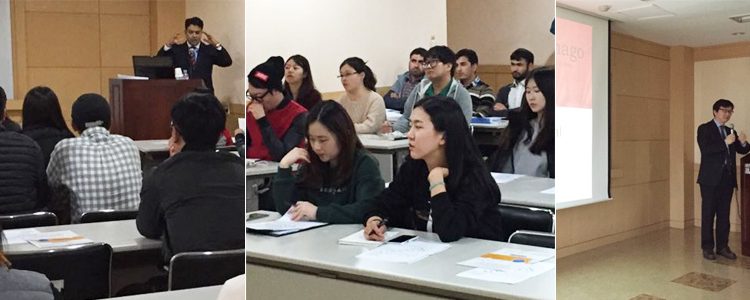
Seoul, South Korea: Building on the success of the recent author workshops in Korea, which are targeted to help researchers understand the publication process and achieve their goal of publishing in international peer-reviewed journals, Enago recently conducted yet another successful workshop at Systems and Synthetic Agrobiotech Center (SSAC), Gyeongsang National University, Korea. The workshop was aimed at helping authors gain a better understanding of the various aspects of academic publication.
SSAC is one of seven centers participating in the Next Generation BioGreen 21 Project (NGBP), an initiative built to strengthen the channels between basic research and the development of agrobiotech products. Dr. Hyeon Soo Kim, Vice Dean, Korea University’s College of Medicine in Seoul, was the speaker at the event. Since most of the attendees were students and early-stage researchers, Dr. Kim covered topics such as the importance of publishing in English, what journals look for in a research paper, and the main reasons why authors face rejection.
He explained to the students the steps that need to be followed when revising a paper along with tips on how rejection from journals can be avoided. Specific topics included the causes of rejection, how to process rejection letters, and how to properly respond to reviewer comments and feedback. The event culminated with a Q&A session between Dr. Kim and the participants.
“SSAC’s research goal is to identify and develop useful gene technology through system research, engineering, and synthetic biology. Enago understands the intricacies of such research, having assembled one of the largest—and by far, strongest—teams of editors in these disciplines” said Pranjal Thapliyal, Country Manager, Crimson Interactive Korea. He added, “To date, our experts in life sciences have helped several researchers publish their work in internationally renowned journals. Thus, it is only fitting that the next step in increasing our outreach to ESL researchers is through workshops such as this one.”





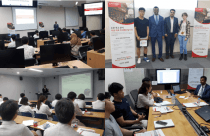
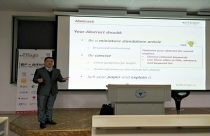
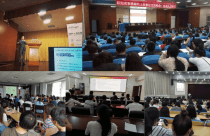
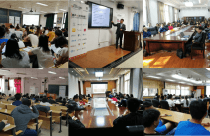
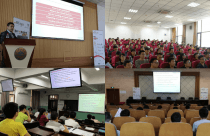
Great article it is helpful for all of the students.